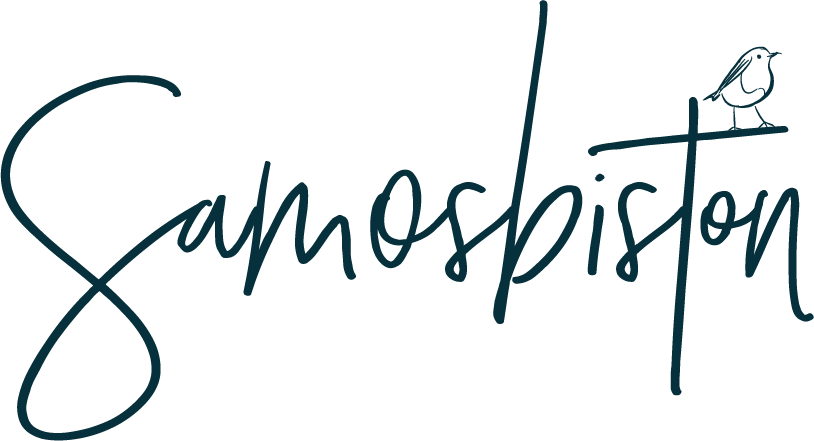REDISCOVERING THE LOST ART OF DAY DREAMING // IN AN ERA OF MINDFULNESS

Mindfulness, or the practice of being in the present moment, is something I advocate quite often to my clients, and practice cultivating myself. The mindfulness movement has certainly seeped into popular discourse, and considering the empirical support behind it, with good reason. But with all this mindfulness taking centre stage, the art of daydreaming is in danger of being forgotten.
While the idea of “daydreaming” may conjure up images of long, boring schooldays spent looking out the maths class window, I would like to invite you to rediscover the art of daydreaming and the many rewards it can bring. Moreover, you’d have something in common with some of the greatest minds in the past. Take note from luminaries such as Charles Darwin and Friedrich Nietzsche, who have attributed some of their greatest work to the time they spent lost in their mind. Perhaps in today’s day and age, their method would have been criticized as unproductive or “anti-mindful”. However, in addition to bringing genius ideas to fruition, daydreaming can yield many rewards.
For one, good ol’ fashioned daydreaming allows for a respite from devices, electronics and being at everyone else’s beck and call. This is your time with no pressure to be somewhere else or do something else. Daydreaming can be thought of a mini mind holiday, one with similar benefits to mindfulness. Watching the ocean, an aquarium or clouds float past or listening to music on your headphones while your mind wanders is extremely soothing and relaxing, and can allow for a “reset” from the day’s grind. And when you let go of the need to be productive, you may at the same time be improving your productivity, as experts have found.

Daydreaming “on demand” may feel a little unnatural, but you’ll soon find that you can drift off at will. Whilst many of us daydream countless times daily, allowing for a more structured time for reflective thinking, without distractions, can reap the most benefits. Great places to daydream include long train journeys, soaking in a hot bath or while you are sitting comfortably and listening to music. If sitting still isn’t your thing, you can also get into the day dreaming groove whilst you are walking, swimming or running. Darwin would have a stroll down a designated “thinking path” to contemplate his ideas, and Nietzsche retreated to nature walks for hours spent in deep thought.
Rather than worry about being productive and efficient, this is your time to get swept away with fantasies about the future or musings on the plot of that novel you may one day write, or the business you’ve contemplated starting. Daydreaming can be more serious or emotional in content, or it could be hugely fun as you plan how you are going to spend your lottery millions. Even if your dreams are totally random, neurologists have found that this “brain brake” can boost your creativity, productivity and complex problem solving skills.
Our daydreams can also reveal something about ourselves. When that novel or business idea dominates our daydreams, then perhaps it’s time to do something about it. Daydreaming can also be hugely helpful if you are in the process of discovering your personal brand (essentially, the name you want to make for yourself), pointing us towards potential “core attributes” such as passion, purpose and vision, or a cause that touches our heartstrings. Or perhaps it may guide our “outer brand”, pointing us to an alternative part of our self-image, such as a need to reveal our inner flamboyance. We can also use mind wandering to discover ways to enrich our lives, such as with recreation or relationships. We may be drawn to a particular film or book that keeps popping up in our minds, or even a person that we feel drawn to.
Regular daydreaming sessions will help your brain consolidate memories and create non-linear neural connections that allow exciting things to happen right there, in your mind. If you think about it, any great novel, work of art or piece of music probably began as a daydream, and what a lovely way to start…

Dr Lisa Orban brings together her extensive training, experience and passion in both psychology and branding, founder of the Golden Notebook. A clinical psychologist, Lisa trained and practised in New York City for eleven years before relocating to London. Lisa helps clients make a name for themselves by discovering their distinct and authentic personal brand. She takes a unique approach to personal branding that combines psychological assessment and theory with branding strategies to create for powerful and enduring individual change and personal impact.
She regularly comments for and contributes to Metro, Cosmopolitan and the BBC.
Twitter @goldennotebook
